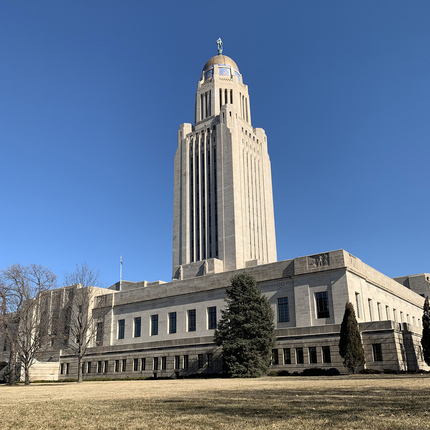Carlie Jonas, policy associate, [email protected], 402.687.2100, ext. 1032; or [email protected]
LYONS, NEBRASKA – The Center for Rural Affairs welcomes this morning’s news from Gov. Jim Pillen that Nebraska will participate in the Summer Electronic Benefit Transfer (S-EBT) program.
“Approximately 150,000 school-aged children throughout Nebraska face food insecurity,” said Carlie Jonas, policy associate with the Center. “While Nebraska leaders have tried to address the issue in recent years by expanding eligibility in the Supplemental Nutrition Assistance Program to hundreds of additional families, further steps were necessary to ensure children in our state stay fed.”
S-EBT grants qualifying families $120 per child for groceries during the summer. As part of the program, the state is responsible for half the administrative costs—about $300,000—a small amount compared to the estimated $18 million in federal funds being distributed statewide, Jonas said.
Before Monday’s announcement, the State had justified its decision to reject participation, suggesting that alternatives like weekday summer meal sites sponsored by school districts or other organizations were addressing the need. While those programs provide a valuable service, Jonas said the sites are not equitably available, especially in rural areas. Only 60 of Nebraska's 180 meal sites were outside the Lincoln/Omaha metro area, with all sites located in just 36 of our 93 counties.
The Center also commends Sens. Jen Day and Raymond Aguilar for introducing and prioritizing Legislative Bill 952, a bill with bipartisan support that would require the state to participate in the program.
“We thank Sens. Day and Aguilar for their efforts to ensure homes with children facing food insecurity are able to keep their cupboards stocked,” Jonas said. “Making sure children have access to food does not end while school is out, and this program is an investment toward our state’s future. When children are adequately fed, they’re better positioned to learn and grow.”



